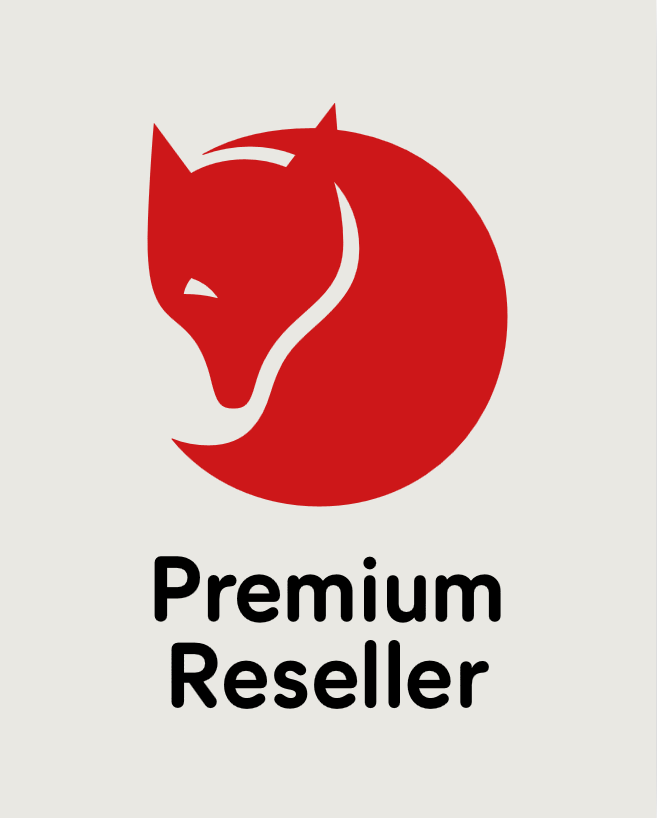
What Sustainability Means to Us

What is sustainable development, exactly?
A term that gets bandied about, often with very little connection to the original definition. The UN defines sustainable development as “development that meets the needs of the present without compromising the ability of future generations to meet their own needs”. For us at Fjällräven we try to apply this thinking to everything we do. It’s not easy and we are a long way from perfect. We still have a lot to learn. And we ha ve to prioritise. Obviously, the area with the biggest impact is producing the clothes we sell to you.
Climate change is one of the most serious challenges we face when it comes to sustainability. For us it’s really important to look at reducing our emissions, both direct emissions from travel and shipping, but also indirect emissions when producing our gear and garments. This is why material choice is so important.
CHRISTIANE DOLVA
HEAD OF SUSTAINABILITY AT FJÄLLRÄVEN
However, this is complicated. How do you accurately measure all the emissions that go into a recycled polyester t-shirt, a down jacket or a pair of Keb Trousers? Of course we look into numbers and percentages. But the overarching goal is to move towards a circular way of producing and consuming.
“For us it’s important not to choose one over the other, but to weigh each material up instead. Our general focus is to become more circular, moving towards more recycled materials.”
Many synthetic materials like nylon and polyester are great for outdoor clothing. They are light, quick-drying and easy to take care of. But they are made from oil, a fossil fuel. As soon as we start using recycled versions, the environmental footprint over the lifetime of that material will start to shrink. But what do we do as the demand for recycled materials increases? The recycled materials need to come from some original raw material. So we can't rely on recycled materials alone.
Natural is always better, right?
“It’s complex world out there. We’ve been looking at bio-based materials. But they're crops; they require lots of land, water, are transported and so on. They still have an impact. Even organic cotton, that sounds good to most people, has its impacts. Let’s just be honest: we’re producing clothing and gear that’s superfluous to a person’s survival. If we want to have zero impact, we should just close down. But we believe that the negative impact we have can be balanced by the positive way we get people out in nature and raise awareness around issues related to caring for nature.”



